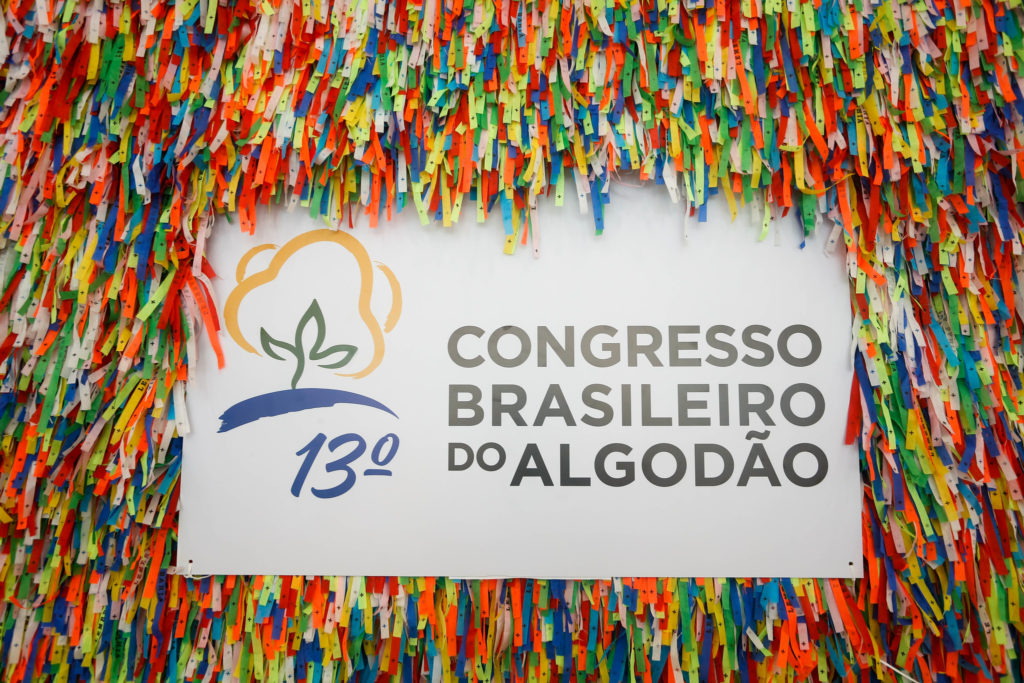Brazil goes worldwide in its cotton promotion work aiming to expand exports
Calendar and Events |
In order to become the world’s biggest cotton exporter, Brazil has been investing for decades to continuously improve the quality of its cotton. This work has produced positive results and global buyers of cotton now acknowledge the evolution of the Brazilian product. The current challenge to cotton promotion is to demonstrate, on a global level, all the differentials that cotton grown in Brazilian fields has.
The strategies to place Brazilian cotton on the world business stage in the coming years were the main topic at the opening of the Brazilian Cotton Conference on Tuesday (16th). The event, organized by the Brazilian Cotton Growers Association (Abrapa), is the 13th edition and is being held in Salvador, Bahia.
“Brazil needs to be not just the biggest, but also the best”
Professor Marcos Jank, a specialist consultant in the field of the competitive and thriving Asian market, demonstrated how to achieve global visibility. “Brazil needs to be not just the biggest, but also the best. There is room to grow Brazilian cotton’s market share overseas. The way forwards is by gaining recognition of the product’s qualities, and this is already being established by Abrapa”, remarked the specialist.
With his in-depth understanding of Brazilian agriculture, Mr. Jank spoke of the need for more intense promotional activities and to open up the markets for Brazilian cotton. “The world needs to see everything about how Brazilian cotton farms work, and the Cotton Brazil program fulfills this role very well”, he added.

Cotton promotion and improve of global trade relations
Developed by Abrapa, in partnership with the Brazilian Trade and Investment Promotion Agency (Apex-Brasil) and the National Cotton Shippers Association (Anea), the Cotton Brazil program works on establishing trade relations and implements promotional and market development activities. With its base in Singapore, the program was set up in 2020 with the aim of making Brazilian cotton a familiar product on the global business stage.
Mr. Jank spoke of his knowledge and approval of this work. “It is the boldest and most distinctive program currently in place within the Brazilian production sector, precisely because it prioritizes the Asian market in the commercial positioning strategy for Brazilian cotton. Undoubtedly, this will make the product familiar to consumers around the world”, the expert added.
Another differential aspect that Mr. Jank highlighted is that Brazil understands what is important for the international buying markets. “World trade is based on pillars such as customer and stakeholder relationship, quality and standardization, traceability and social and environmental sustainability. And Brazil meets all these requirements with strong credentials in each of these pillars”, stated Mr. Jank.

Sustainability as a mission
Brazil has set a global benchmark in socio-environmental certification: 84% of its cotton production has socio-environmental certification and Brazil provides 42% of all Better Cotton. In addition, 100% of the product is traceable using the Abrapa Identification System (SAI) and it also meets international cotton classing standards.
Brazilian cotton exports go primarily to countries such as China, Vietnam, Bangladesh, Turkey, Pakistan and Indonesia – which together take 90% of Brazil’s cotton exports. However, Brazil currently has just 20% of the global cotton market share. “This number will tend to grow along with Brazilian cotton’s promotional activities”, said Professor Jank.
Marcos Jank’s talk at the Brazilian Cotton Conference was broadcast online and exclusively for foreign textile sector businessmen and traders, with simultaneous translation. At the opening of the event, the president of Abrapa, Júlio Cézar Busato, reinforced the association’s commitment to investing in activities to promote cotton internationally.
“A few days ago, we welcomed a delegation of foreign buyers who returned to their countries with a positive impression and who will become loyal customers of our product,” he said. Among the characteristics of Brazilian cotton farming that surprise visitors when they come to Brazil is the fact that 65% of Brazilian cotton is grown as a second crop, and that picking is fully mechanized.
The Brazilian Minister of Agriculture, Livestock and Supply, Mr. Marcos Montes, projected an even more positive scenario for Brazilian cotton producers. “Over the next ten years, we will see even more amazing growth in this sector. There are many markets to be opened and the Brazilian Government is a partner of agribusiness providing security and norms for an increasingly sustainable production”, he said.
